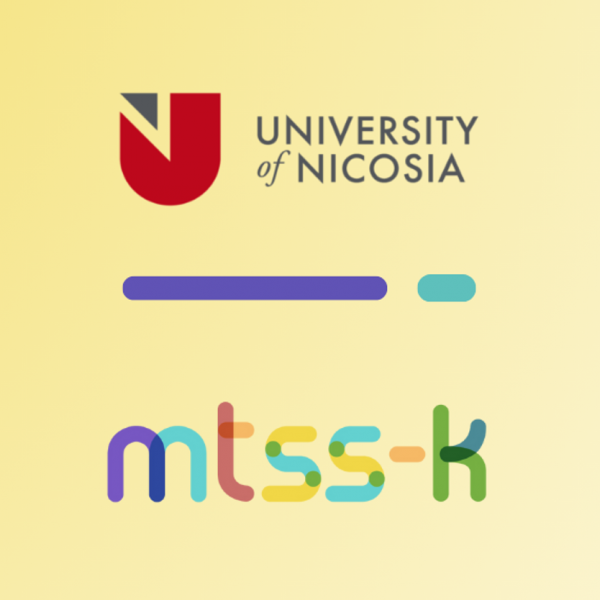University of Nicosia joins MTSS-K Consortium to strengthen early childhood education
The MTSS-K consortium is pleased to welcome the University of Nicosia (UNIC) as a new partner in the project. As the largest university in Cyprus, UNIC brings extensive expertise in education sciences and inclusive teaching practices, further strengthening MTSS-K’s mission to enhance early childhood education across Europe.
Dr. Evdokia Pittas, Assistant Professor at UNIC and Team Lead, highlights the value of the collaboration: “Joining the MTSS-K project is a valuable opportunity for us to contribute to improving early childhood education across Europe. By adapting and implementing family-based interventions tailored to local contexts, we can help empower children with essential numeracy skills and social-emotional abilities from an early age.”
As part of MTSS-K, UNIC is responsible for adapting and implementing the family-based intervention focused on early numeracy and social-emotional and behavioural (SEB) development (WP3, WP5). The team is also involved in translating key instruments into Greek and supporting the development of teacher training materials (WP2, WP4).
MTSS-K looks forward to the collaboration and UNIC’s contributions in promoting effective, evidence-based practices that foster inclusive and equitable learning environments across Europe.

